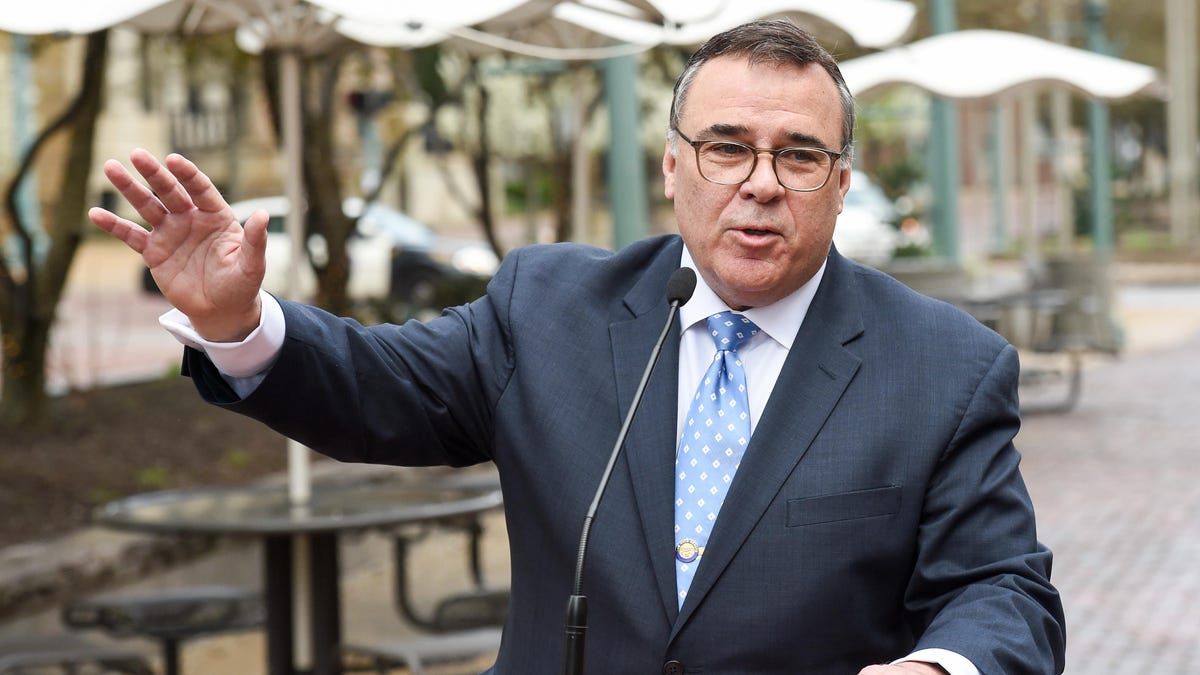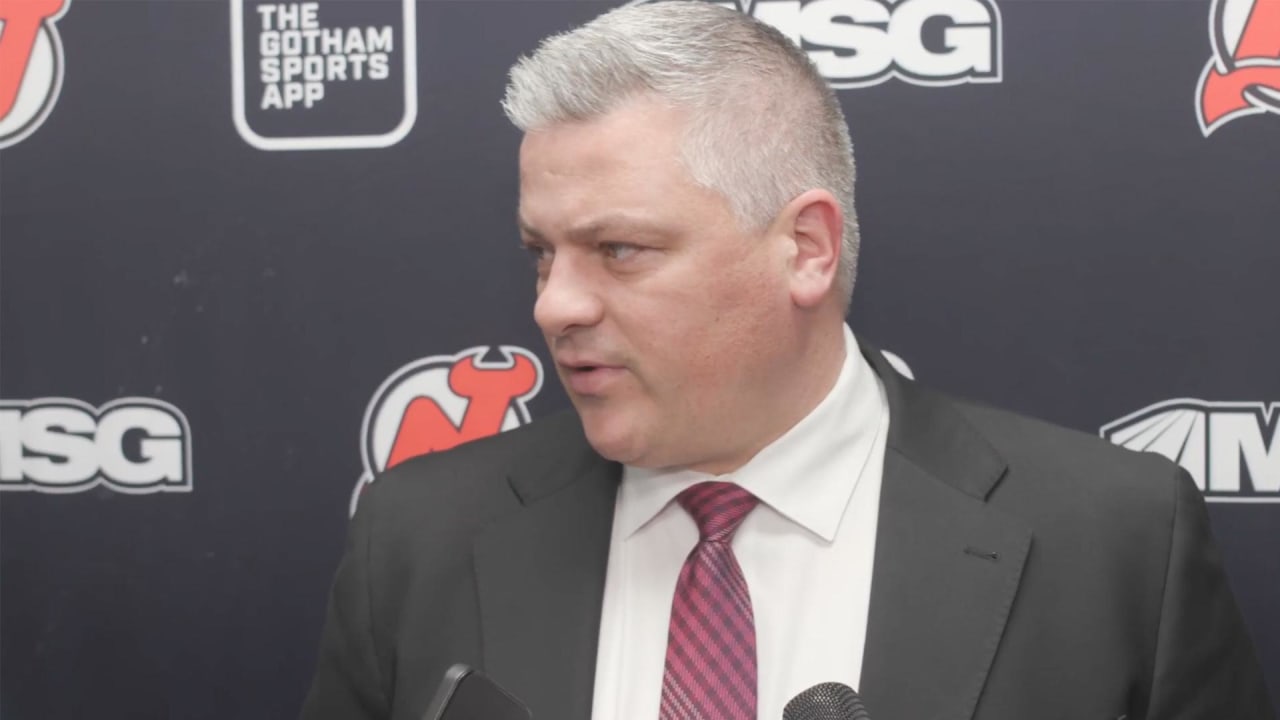A federal appeals court has dismissed North Dakota Attorney General Drew Wrigley’s appeal of a judge’s block on a decade-old abortion restriction, though the move is largely a technicality and won’t impact any potential legal wrangling over newly passed legislation.
Wrigley said the Thursday dismissal by the 8th U.S. Circuit Court of Appeals is merely because the matter is moot due to a bill Gov. Doug Burgum signed last month, revising North Dakota’s abortion laws nearly a year after the U.S. Supreme Court overturned the constitutional right to an abortion.
The Legislature essentially replaced North Dakota’s abortion laws — a ban triggered by the Dobbs ruling that also was blocked by a judge, and the 2013 so-called “heartbeat bill” — with revised regulations in a new chapter in state law.
The heartbeat bill sought to ban abortions as soon as a fetal heartbeat is detected — as early as six weeks, when some women don’t yet know they’re pregnant — “except when a medical emergency exists that prevents compliance” with the law.
People are also reading…
Wrigley after the Dobbs ruling sought to appeal the 2014 block of the heartbeat bill. A federal judge had found the restriction “invalid and unconstitutional.”
Now the heartbeat case is “just moot” due to Senate Bill 2150 becoming law, according to Wrigley.
“There’s nothing for us to defend or attempt to revive,” he told the Tribune on Friday.
An attorney for the Red River Women’s Clinic, which was North Dakota’s sole abortion provider until moving from Fargo to neighboring Moorhead, Minnesota, last year, did not immediately respond to a Tribune email seeking comment on the dismissal.


The bill Burgum signed is a near total ban on abortion, but for up to six weeks of pregnancy in cases of rape and incest, and to prevent death or a “serious health risk” of the mother.
The clinic last year sued to overturn North Dakota’s trigger law, which sought to ban nearly all abortions after Roe v. Wade was overturned. A state district court judge temporarily blocked the trigger ban from taking effect as the lawsuit played out. Wrigley challenged the injunction, but the state Supreme Court upheld it.
Chief Justice Jon Jensen wrote in the court’s majority opinion that the clinic “has demonstrated likely success on the merits that there is a fundamental right to an abortion in the limited instances of life-saving and health-preserving circumstances.”
Wrigley said he anticipates litigation to continue regarding North Dakota’s abortion laws.
“The issue is squared up very squarely: Did the Legislature erect boundaries that the court views as complying with the court’s directive and recent decision?” the attorney general said.
It’s unclear what will happen next in the lawsuit now that the revised abortion laws are in effect.
Reach Jack Dura at 701-250-8225 or jack.dura@bismarcktribune.com.


























/cdn.vox-cdn.com/uploads/chorus_asset/file/25739950/247386_Elon_Musk_Open_AI_CVirginia.jpg)



